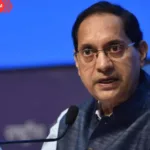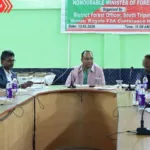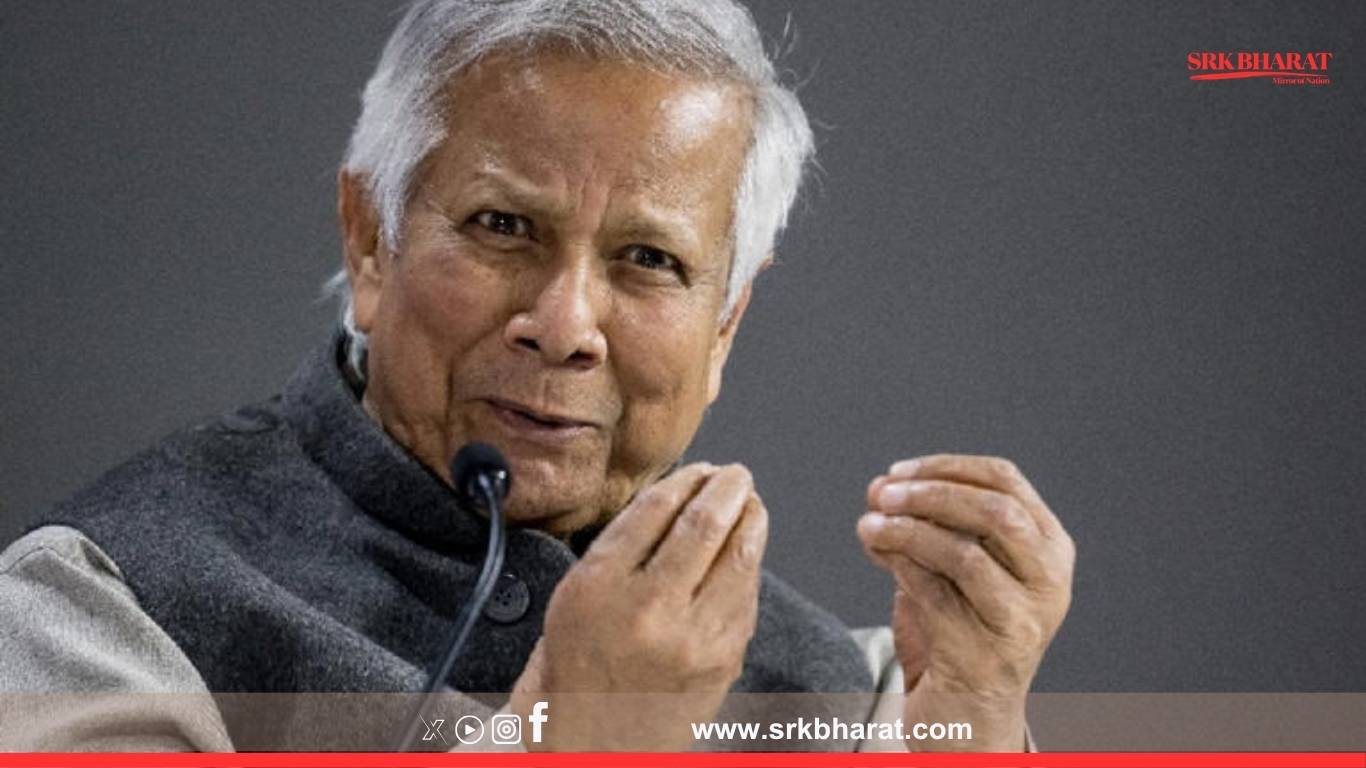Bangladesh Prime Minister Dr. Muhammad Yunus on Monday issued a stern directive ordering thousands of striking tax and customs officials to return to work immediately, amid fears that the ongoing industrial action could severely disrupt revenue collection, imports, exports, and overall economic stability in the country.
The Prime Minister’s Office released an official statement quoting Yunus: “Public service is a duty towards the nation. The ongoing strike by tax and customs employees is unjustified at a time when Bangladesh is striving to strengthen its economy. I direct all officers to return to their duties at once in the greater interest of the nation and people.”
Background of the tax and customs strike
The industrial action, which began last week, involves workers from the National Board of Revenue (NBR), including customs officers at major ports like Chattogram and Mongla, and income tax employees across divisions. Their key demands include:
- Reversal of the recent administrative restructuring that merged certain tax and VAT offices
- Withdrawal of staff reassignments viewed as punitive transfers
- Enhancement of allowances, especially field duty allowances for customs officers
- Assurance of job security and protection of departmental promotional avenues
Union leaders claim the government’s restructuring plan will reduce autonomy of field units, hamper career growth prospects, and create operational inefficiencies.
Impact of the strike on Bangladesh’s economy
According to estimates by the Federation of Bangladesh Chambers of Commerce and Industry (FBCCI), the strike has already delayed clearance of goods worth over Tk 6,000 crore ($550 million) at Chattogram port alone, with over 12,000 containers pending inspection, documentation, and duty assessment.
The import-export industry fears:
- Severe congestion at ports, increasing demurrage costs for businesses
- Delays in raw material imports affecting manufacturing units, especially garments and pharmaceuticals
- Revenue shortfalls that could derail Bangladesh’s fiscal targets for FY26
Break-up of daily economic impact due to strike
| Sector | Estimated Daily Loss (Tk crore) | Key Issues Faced |
|---|---|---|
| Readymade Garments | 500 | Delay in importing raw fabrics and accessories |
| Pharmaceuticals | 200 | Customs clearance delays for active pharmaceutical ingredients |
| Steel & Cement | 150 | Stalled import of raw materials |
| Food processing | 100 | Delay in clearing edible oil and food additives |
| Electronics | 50 | Container backlogs at ports |
Government’s response and negotiations
Finance Minister Abul Hassan Mahmood Ali held an emergency meeting with senior NBR officials and union leaders on Monday morning. While the government assured workers that genuine concerns would be reviewed, it maintained a firm stance against strikes disrupting national economic operations.
An official from the Ministry of Finance said, “Prime Minister Yunus believes reforms are essential to modernise tax administration, enhance compliance, and align with international standards. Constructive dialogue will continue, but public interest cannot be held hostage.”
Union leaders’ reaction to PM’s order
In an immediate response to the Prime Minister’s directive, the Bangladesh Tax Employees Association (BTEA) called an emergency executive committee meeting. Association President Mahbubur Rahman said, “We respect the Prime Minister but our demands are legitimate. We will decide the next course of action after discussing with all divisional representatives.”
Customs Officers’ Union General Secretary Rezaul Karim added that while workers are willing to negotiate, unilateral decisions by the government have demoralised staff. “We want reform with dignity, not forced compliance,” he said.
Political reactions to the crisis
Opposition parties criticised the government’s handling of the strike. BNP spokesperson Ruhul Kabir Rizvi said, “Instead of threatening employees, the government should engage in meaningful dialogue. Administrative restructuring without consultation shows the authoritarian mindset of the regime.”
Jatiya Party leaders called for a parliamentary committee to review the restructuring plan and recommend a balanced approach that maintains operational efficiency without affecting employee morale.
Trade bodies express alarm
Leading business chambers issued urgent appeals to resolve the deadlock swiftly. FBCCI President Mahbubul Alam stated, “Every hour of port strike results in cumulative business losses. If this continues, exporters will miss shipment deadlines, damaging Bangladesh’s reputation in global markets.”
The Bangladesh Garment Manufacturers and Exporters Association (BGMEA) warned that delayed shipments could lead to cancelled orders from Europe and the US, affecting jobs and foreign exchange earnings.
Expert analysis on the strike and economic implications
Dr. Selim Raihan, Professor of Economics at Dhaka University, said, “Revenue shortfalls from tax and customs disruptions can affect government spending plans, infrastructure projects, and social schemes. Prolonged strikes dent investor confidence, risking long-term economic implications.”
He recommended immediate tripartite negotiations involving the government, union leaders, and industry representatives to ensure reforms are implemented with employee buy-in and minimum operational disruptions.
Bangladesh’s fiscal and trade targets under threat
The tax and customs strike comes at a time when Bangladesh is aiming to raise its tax-GDP ratio to 10.5% in FY26 from the current 8.4%, to fund critical social and infrastructure projects under Vision 2041.
The government also targets:
- Merchandise exports of $95 billion in FY26, with garments contributing $62 billion
- Services exports of $10 billion
- Revenue mobilisation growth of 15% year-on-year
The NBR restructuring is part of broader tax administration reforms backed by the IMF under its $4.7 billion Extended Credit Facility programme, which stipulates institutional modernisation, digitalisation of revenue collection, and reduction in leakages.
Next steps in resolution efforts
The Finance Ministry has invited union leaders for further dialogue on Tuesday, assuring that no punitive action will be taken against employees returning to work immediately. Officials said the government remains open to revising implementation timelines of restructuring, but major reversals are unlikely.
Final analysis
Prime Minister Yunus’s strong directive marks a turning point in the tax and customs workers’ strike. While the government asserts that administrative reforms are critical to sustaining Bangladesh’s economic growth trajectory, addressing employee concerns with empathy, transparent communication, and phased implementation strategies will be key to resolving the impasse without paralysing trade and revenue operations.











